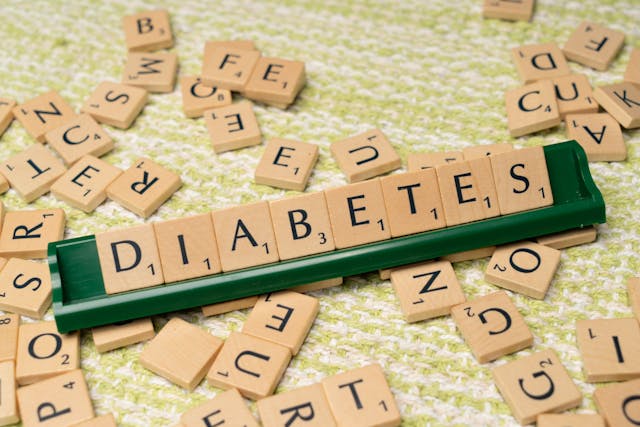
Understanding Type 2 Diabetes
When insulin is not effectively used by the body, a chronic illness known as type 2 diabetes develops. This leads to excessive blood sugar levels. Lifestyle variables, such as an unhealthy diet, insufficient physical activity, and excess body fat, are associated with the development of Type 2 diabetes, as opposed to Type 1 diabetes, an autoimmune disorder in which the body stops producing insulin.
The Role of Weight Management
For Type 2 diabetes, losing weight is an important part of treating the disease and even reversing it. Reducing the risk of acquiring diabetes by keeping one’s body mass index (BMI) within a healthy range has been demonstrated in numerous studies. Aggressive weight loss has the potential to put people already diagnosed into remission. Studies corroborate this, showing that an increased risk of getting diabetes is associated with a higher body mass index (BMI), independent of hereditary factors. Therefore, if taken quickly after diagnosis, lowering BMI can prevent the condition’s onset or even reverse it (The Independent) (The Independent).
Case Studies and Real-Life Examples
One prominent example of someone who reversed Type 2 diabetes with substantial lifestyle modifications is Tom Watson, a former deputy leader of the UK Labour Party. Following her 2017 diagnosis, Watson began an intense workout program and dietary cleanse that included avoiding processed foods, refined sugars, and starchy carbs. He was able to stop using insulin because his weight dropped significantly, and his diabetes went into remission as a result of his efforts (The Independent).
Diet and Exercise Programs
The National Health Service (NHS) in the United Kingdom has launched initiatives to help people with diabetes lose weight by providing them with complete food replacement goods including soups and smoothies. Results from these programs are encouraging because they help people lose weight and keep it off, which is essential for remission of Type 2 diabetes. Managing and even curing the disease can be achieved by regulated nutritional changes, which this project emphasizes (The Independent).
Medical Interventions and Support
Medical procedures, such as the gastric weight loss balloon, are being used in addition to behavioral modifications. To help with weight loss, this method includes swallowing a water-filled balloon that makes you feel full for longer. Some patients have been able to reverse their diabetes with the use of this non-invasive approach, which has helped them shed a considerable amount of weight in a matter of months. The therapy is an integral aspect of a more comprehensive strategy that also includes nutritional and lifestyle counseling (The Independent).
Conclusion
Reversing type 2 diabetes is definitely within reach, especially when it comes to aggressively managing weight and making lifestyle changes early on. While it’s true that not all cases are curable, many have found relief by changing their diet, getting more exercise, and even taking medication when needed. Recognizing the possibility of change and actively working toward a healthy lifestyle are the most important factors.
For further reading and more detailed information, you can visit the following resources:
- The Independent on reversing diabetes through weight management
- WebMD on reversing Type 2 diabetes
- Diabetes UK on Type 2 diabetes remission
- Joslin Diabetes Center on reversing Type 2 diabetes

